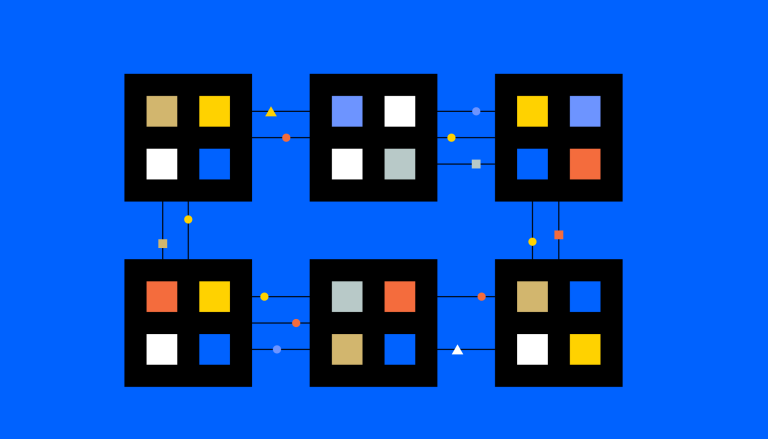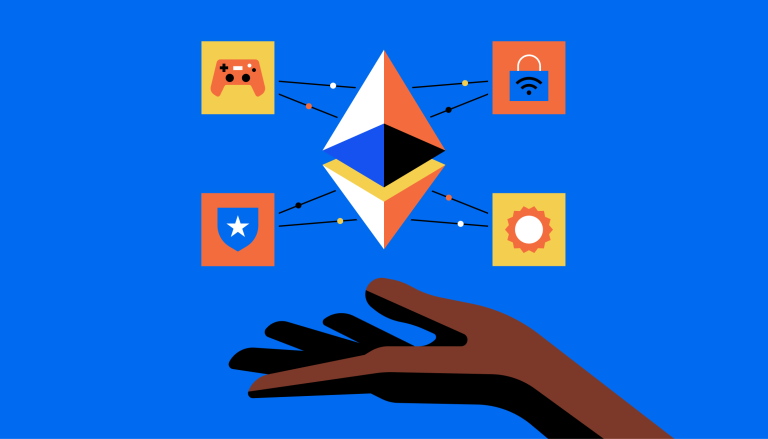What is blockchain interoperability?

Blockchain interoperability refers to the ability of different blockchain networks to communicate and exchange data with each other.
Interoperability is crucial for the growth and development of blockchain technology, as it can help overcome current limitations and unlock the true potential of decentralized networks.
Various approaches, such as atomic swaps and relays, are used to facilitate cross-chain transactions, enhancing the efficiency and scalability of these networks.
Understanding Blockchain Interoperability
Blockchain interoperability is the ability of different blockchain networks to communicate, share data, and build on each other’s features and use cases. It is the concept of different blockchain protocols interacting across multiple networks. This ability to share or see information across different blockchains allows for seamless communication and data transfer between different blockchain networks, enabling the exchange of data and assets without the need for intermediaries.
The Importance of Blockchain Interoperability
Interoperability is necessary for the adoption, scale, and innovation opportunities within blockchain solutions and Web3. Various blockchains have different functions and solve different problems. For instance, the Bitcoin blockchain was created to offer a decentralized method of storing and transferring value, and the Ethereum network aims to provide a platform for building decentralized platforms like dApps. But without interoperability, it is almost impossible to adopt blockchain technology, because each individual project would be too siloed. Interoperability solutions allow blockchain to read and write data to other blockchains. This facilitates cross-chain solutions that can operate on different blockchains and utilize the different functionalities from each blockchain.
How is Interoperability Achieved?
There are degrees to interoperability, and multiple approaches to achieving it. Some of the current cross-chain technologies include sidechains and oracles. Sidechains are layer two independent consensus protocols built on a layer one blockchain. They use a cross-chain communication protocol and utility tokens to communicate and transfer data to and from the main blockchain. Oracles serve as bridges between a blockchain and the outside systems, feeding the necessary information from the outside world to the blockchain.
The Challenges of Blockchain Interoperability
Despite its potential, cross-chain technology still faces challenges that need to be addressed in order to achieve widespread adoption and success. One of the major challenges faced by the blockchain ecosystem is the lack of interoperability between different blockchain networks. As these networks operate in isolation, they are unable to communicate and share data with each other, limiting their potential applications and benefits. Each blockchain is built with different standards and code bases, which makes most blockchains naturally incompatible. All transactions must be done within a single blockchain, no matter how many features the blockchain might have.
The Future of Blockchain Interoperability
The future of blockchain interoperability is expected to evolve with the continuous development of cross-chain technologies. As more entities become aware of this rising technology and its capabilities, the interconnection of these unique blockchains is becoming necessary. The increase in the number of new blockchain networks is also a result of the recognition that there is no one perfect solution that will be able to meet all of the needs associated with blockchain technology all at once. Therefore, interoperability is seen as the key to blockchain technology’s mass adoption, enabling blockchain networks and protocols to communicate with each other, making it easier for everyday users to engage with blockchain technology.


